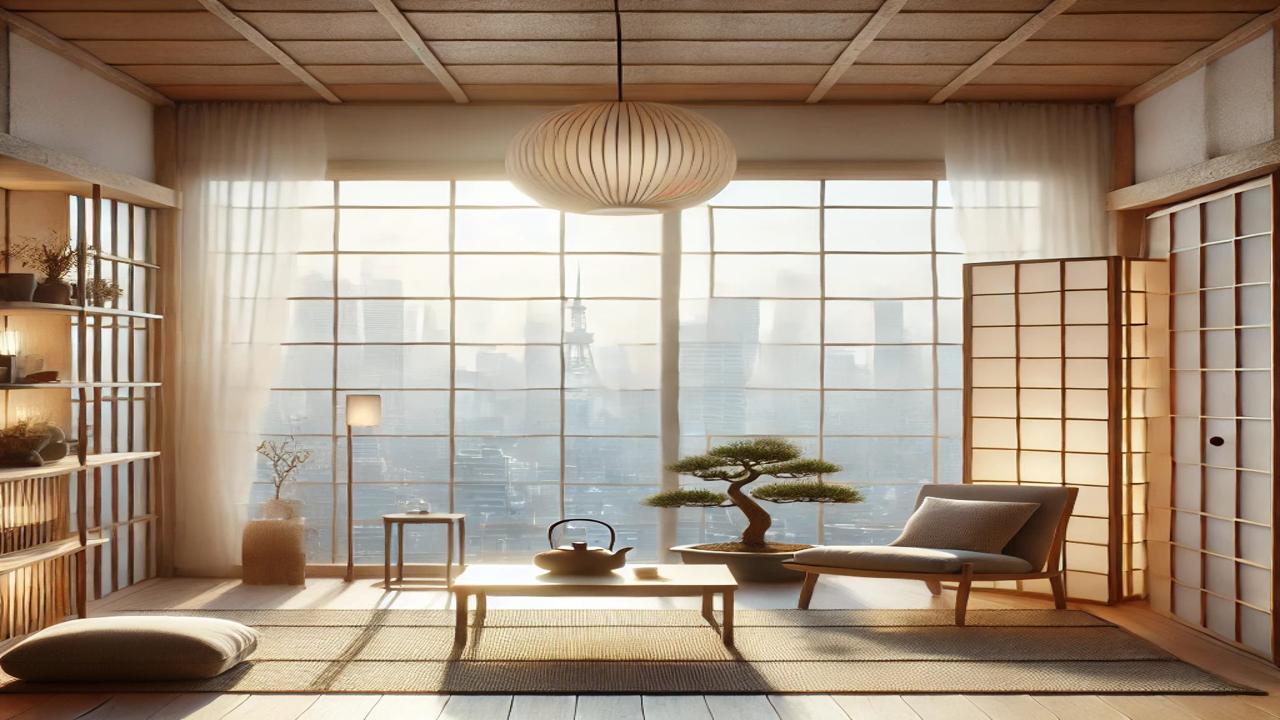Minimalist Living: The Art of Simplifying and Tips in Tokyo

What is Minimalist Living?
Minimalism is not just about reducing the number of physical possessions but also about eliminating unnecessary stress and chaos to make life more meaningful and efficient. Those who embrace minimalist living aim to optimize not only their possessions but also their time, energy, and attention. In a large city like Tokyo, being minimalist makes the process of simplifying life even more valuable.
Tips for Minimalist Living in Tokyo
1. Organize and Simplify Your Space
Many people living in Tokyo reside in small apartments or shared spaces. Therefore, using your space efficiently is very important. Minimizing your possessions makes your space more functional and adds a sense of openness. Here are a few suggestions:
- Use Storage Space: Keep only the items you truly need visible. Use storage boxes, wall shelves, or hidden cabinets for other items.
- Multi-functional Furniture: Choosing functional and multi-purpose furniture is a great way to use space efficiently. Folding tables, beds with hidden storage areas, and other space-saving solutions can help.
2. Invest in the Quality of Your Possessions
In minimalist living in Tokyo, reducing the number of possessions requires focusing on their quality and longevity. Instead of cheap, disposable products, choose durable and aesthetic items.
- Choose Few but Good Items: Invest in high-quality and durable items for areas like furniture, kitchenware, and personal belongings.
- Minimalist Fashion: Keep only clothing that suits your style and is functional. Avoid excessive shopping and choose quality, timeless pieces.
3. Practice Mental Minimalism
The fast-paced lifestyle in Tokyo can put a lot of pressure on your mind. Minimalism is not just about physical space, but also about mental space. To avoid overwhelming your mind with excessive information, stress, and thoughts, apply these tips:
- Digital Detox: Limit your computer, phone, and social media use. Spend a specific amount of time each day away from the digital world.
- Mindfulness and Meditation: Practices like mindfulness, which are often seen in Japanese culture, help achieve mental tranquility. Make meditation a habit to clear your mind.
4. Adopt a Simpler Lifestyle
A minimalist lifestyle also affects your consumption habits. It is possible to live a simpler life by reducing unnecessary expenses and consumption-based habits.
- Buy Only What You Truly Need: Shopping in a large city like Tokyo can be tempting. However, to embrace minimalist living, buy only what you need.
- Slow Fashion and Slow Food: Explore the concepts of slow fashion and slow food, which are popular in Tokyo. This means enjoying quality clothing and food while resisting fast consumption.
5. Minimalism in Social Life
A minimalist lifestyle can also lead to changes in your social relationships. By avoiding unnecessary social burdens and chaos, you can build deeper, more meaningful relationships.
- Small and Meaningful Social Connections: Simplify your social circle by spending time only with people you truly value. Avoid superficial relationships.
- Use Time Wisely: Be intentional with your social activities, and only engage in events that bring you joy and value.










